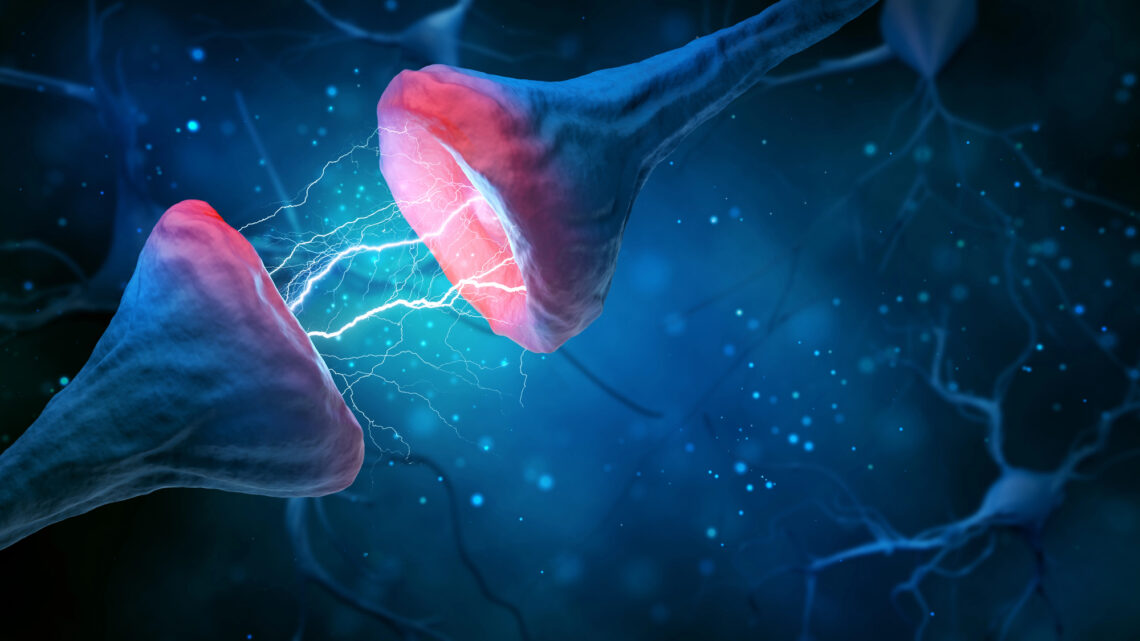The placebo effect can have a significant influence on treatment outcomes. While we still have a lot to learn about how and why a patient’s expectations can influence the effectiveness of medication or treatment, we know that this is the case. “There is ample evidence that placebo effects in general, and placebo analgesia in particular, are not merely a ‘psychological’ effect, but underpinned by complex neurobiological phenomena,” Ulrike Bingel, a co-author of a new paper published September 24 in PLoS Biology, tells Popular Science.
These neurobiological phenomena remain a topic of active research. One proposed explanation is that the expectation that a treatment will be effective activates the brain’s mesolimbic pathway—the system that provides a sense of motivation to carry out an action, and a sense of reward and satisfaction when the action is done. This system relies on the neurotransmitter dopamine, and the experiment that Bingel and her team document in the paper tested the hypothesis that “dopamine-based reward and learning mechanisms … contribute to placebo effects.”
[ Related: In painkiller trials, placebo effect is becoming more powerful ]
Specifically, the researchers studied how the brain’s dopamine levels affected the effectiveness of placebo analgesia (i.e. placebo pain relief.) To do this, they divided participants into two groups. One was given a dopamine agonist drug beforehand, suppressing the level of dopamine in their brains; the other was given dopamine precursor L-dopa, effectively increasing their dopamine levels. Each group was then given a heat-based pain stimulus, and administered identical placebo-based pain relief. To their surprise, the team found that the effectiveness of the placebo analgesia did not seem to be contingent on participants’ dopamine levels.
This suggests that ambient dopamine levels in the brain do not influence the strength of the placebo effect. However, given…
Read the full article here





